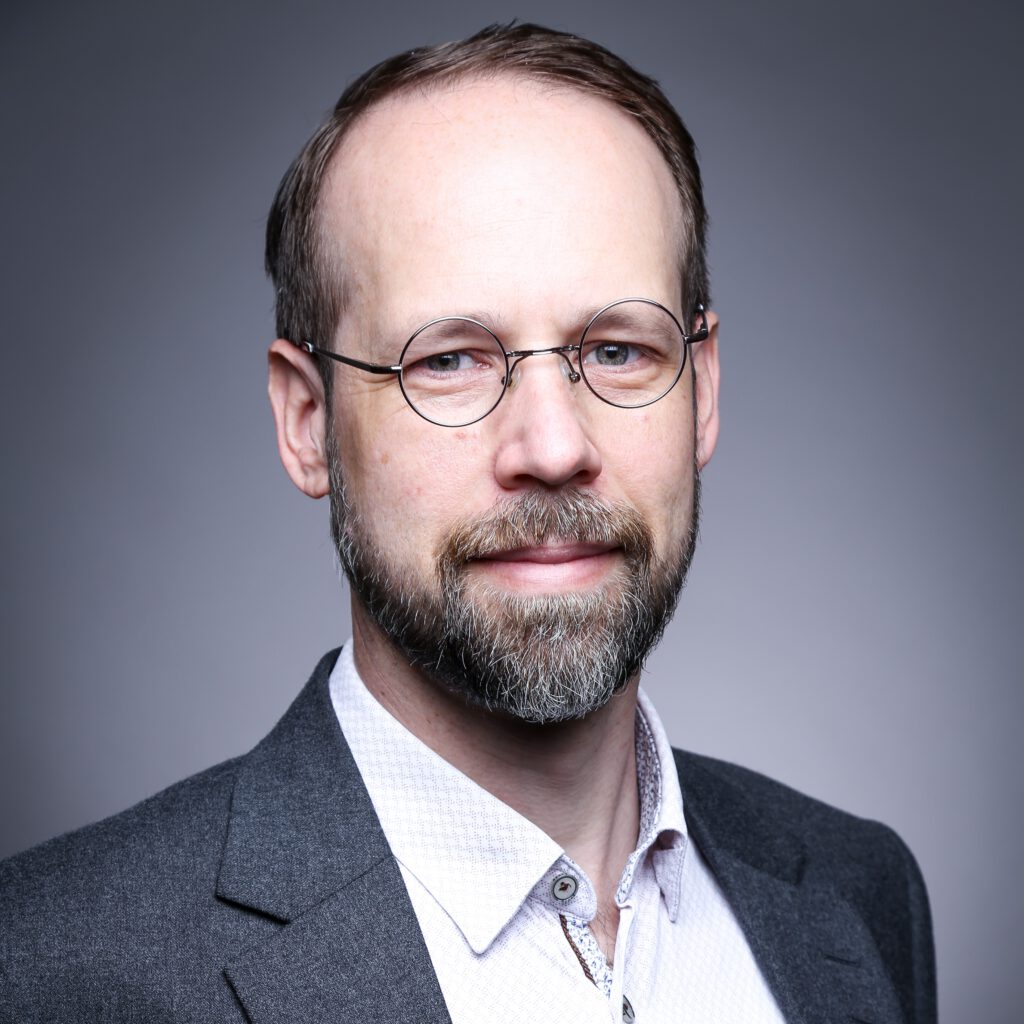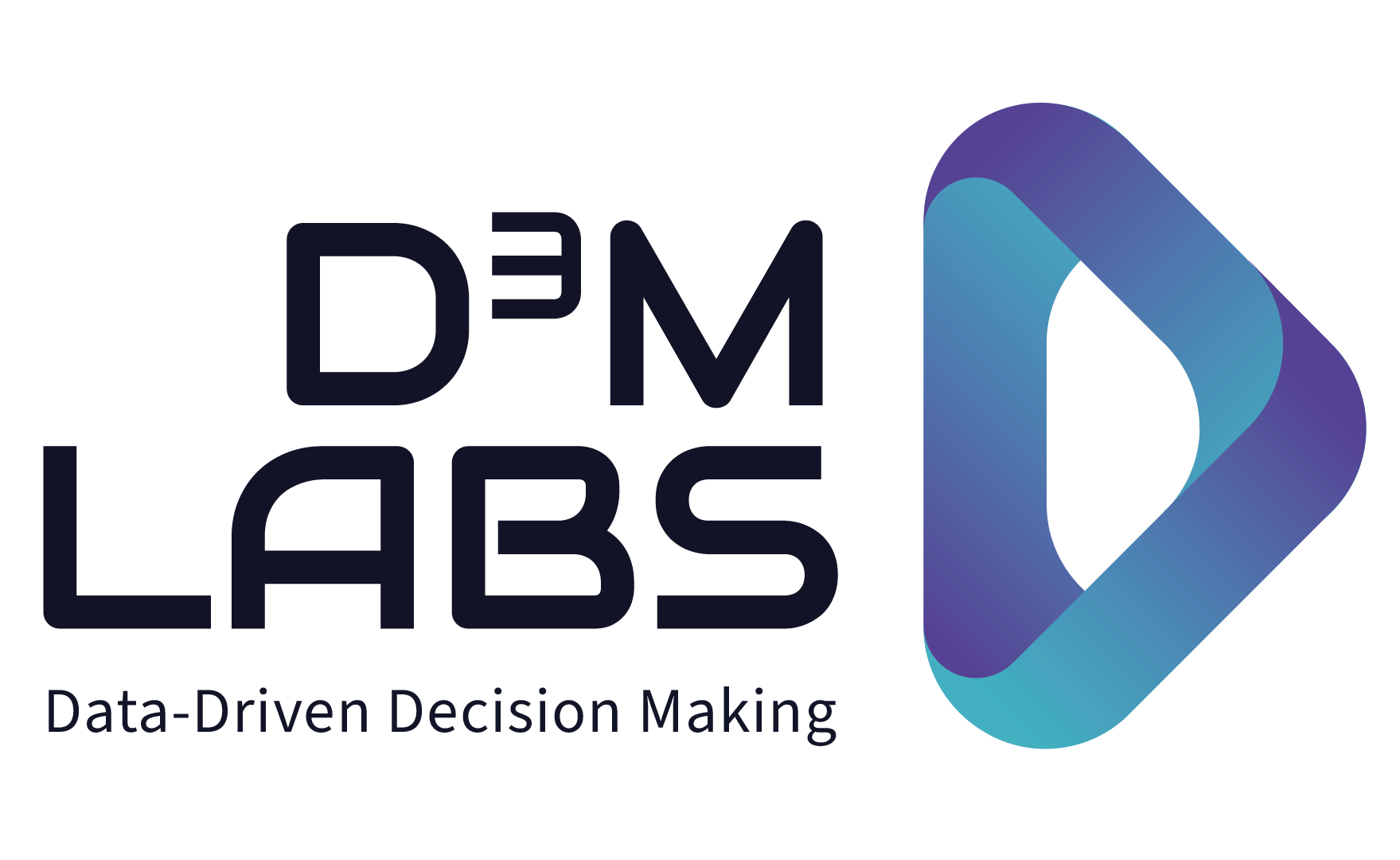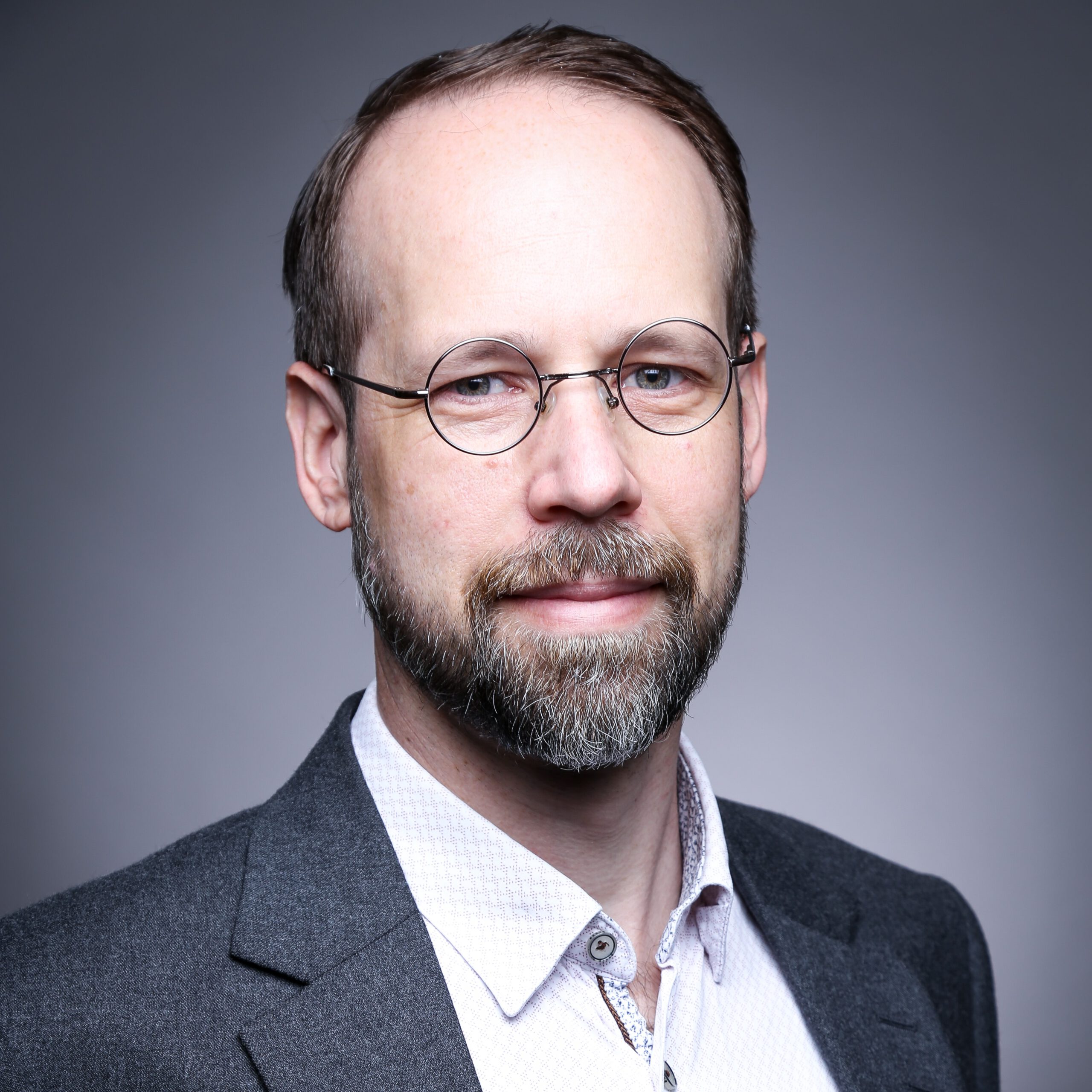What was your journey into HeathTech?
I lived and worked in Australia for almost 30 years and moved to Germany with my wife in 2006 because we wanted to travel around Europe. Luckily I started a great job, working on socially meaningful digitization projects for the government that empowered the government to pay for childcare or house refugees etc. From there, I enabled my company to branch out into healthcare projects including building the German National Organ Transplant Registry.
As I’ve progressed throughout my life and career, doing really meaningful work which benefits society and individuals has become a strong and even primary motivator for me.
How did interoperability and the ability to share data between organizations within the healthcare industry inspire your attention?
Being confronted as a private person, as a patient, by the archaic healthcare system in Germany and then seeing the frustration of the doctors, nurses and other healthcare professionals was a real eye opener and a huge inspiration to make things better.
Anybody who needs treatment from multiple healthcare providers in Germany ends up being a data mule. In Germany, you are given papers and DVDs etc., which you end up carrying back and forth between doctors, pharmacies, hospitals and so on.
You then watch the doctors and staff struggling with the IT systems, re-entering the same data over and over again. All this is done instead of focusing on the patient and their health. It’s terribly frustrating.
As an IT professional with a strong background in digitalization, it was obvious to me that there must be a better way. Other countries are much more advanced than Germany. It’s brutally obvious that this situation is untenable for a country with an aging population approaching 84 million people.
Why does the problem of patients being data mules and time wasted on repeated data entry exist in healthcare?
For general practitioners and specialists, over 90% of software systems and data reside physically in those peoples’ offices. There is simply no way for systems to talk to each other. The systems are not built with interoperability or integration in mind. This is one of the biggest blockers to innovation.
Germany digitized healthcare from paper to digital in the 90s/2000s. Those digitalization processes in the 90s had a focus on billing and not on treatment. They build desktop software, running in the offices of healthcare professionals to enable them to bill and keep some electronic health records locally.
This introduced data silos by design.
To be fair, in the 1990s SaaS and cloud were certainly not what they’ve become today. AWS started its initial offerings in 2006 and tools like Docker and Kubernetes only really became a thing in 2013 and 2014.
Re-digitalization is necessary and long overdue. We need to put a system in place that is interoperable, based on open standards and able to share data. From this we will be able to leverage the benefits of this data to improve the health of millions of people.
What impact do these data silos have on innovation?
Data silos and the current system block innovation. We keep talking about preventative care. But to do preventative care, you need access to data for research, analysis, etc. You need access to the patients and also the physicians and care providers.
For example, a study discovers that people taking a certain medication are at risk of adverse side effects. There is currently no easy and reliable way for anyone to identify and warn the affected people. Currently, the warning would go to a central government authority, who in turn informs doctors and pharmacies who in turn attempt to contact and warn the patients. That’s not good enough in 2022.
Innovations allowing access to well-defined analysable data, direct communication with the patients and care providers via secure applications and data transfer channels would dramatically speed up this and other processes and save lives.
The mechanism described above would not disintermediate a doctor.
The warnings could even proactively recommend people to see a doctor. With an application that is trusted and focused on their healthcare, any affected person could get in front of a doctor who could help them. If people continue to take the medication with adverse effects because there is no proactive warning system in place, you end up creating illness and potentially trauma.
This is simply one example of many where the data silos and aging systems prevent innovation.
What are some societal benefits of data interoperability and centralized analysis capabilities?
Early diagnosis and treatment or prevention of illness has significantly better outcomes for the individual and enables them to live long and healthy lives. It saves time, money and effort for everyone from the patient, to the care providers and insurance companies and even the tax payers and society in general.
The quality of medical research can be improved massively. People doing medical research would have significantly more data points. And access to much more validated information. This in turn improves the quality of studies.
Essentially data interoperability produces a significantly improved treatment cycle. Quickly feeding results of better studies back to the healthcare professionals so that they can use that information in their treatment is hugely beneficial.
Data interoperability is beneficial for the entire society too, because if we prevent somebody from having a serious illness or diagnose it early, not only are the personal outcomes better, but the treatments are much cheaper. As a society, we can invest the saved money in other things like education or global warming.
Can you talk about some of the major challenges at the moment regarding collaboration between older and digital-native companies on data projects?
Interoperability is a major challenge.
The data is on site with the doctors, making access difficult. The systems often run proprietary formats, which makes merging data sets difficult. The software providers themselves have very closed ecosystems. They are not interested in interoperability, but in keeping their customers, so they sometimes make it difficult to extract data from their systems.
There are concerns about data privacy and GDPR. But these continue unfortunately to trump self determination – Why am I as a patient not able to say that I want to share my data with a different doctor. I want to be enabled. It is my choice whom I give it to. There should be education around sharing medical data and the appropriate checks and balances. Nobody wants unencrypted medical data in some S3 buckets. But we must respect that, in the end the data ultimately belongs to the patients.
We trust online banking and financial institutions to keep all our financial information safe. This was not always the case. Now we need to do for the healthcare industry what online banking has done for finance. Why must enable patients to trust doctors and the healthcare industry to do the same thing with medical data! We must build truly digital end-to-end processes, where the data is secure but the user is in control.
How are challenges to interoperability impacting businesses and digitalization projects?
In Germany we deal with a lot of regulatory frameworks, but none of those enable interoperability or digitalization. Looking at data that is in onsite proprietary systems, interoperability is difficult. The companies that are building those systems don’t work with new projects. Access is very difficult, and this makes it hard for potentially life saving projects to get off the ground. Without data, you can’t do anything.
This setup and the regulatory bodies are stifling innovation. Regulators need to focus on the future, not on keeping the status quo.
What are some companies doing to overcome these challenges?
Companies like doctorly, Doctorlib and other startups are really starting from scratch and building their SaaS based platforms on open standards. They are also focusing on GDPR, compliance and security to make the users feel comfortable and safe. This will lead to platforms where there will be an open exchange of data using real standards.
Nobody wants to reinvent the wheel, but we’re forced into this situation.
It’s really sad that it’s like this, but the old players are not going to change and are not going to provide interoperability. The regulatory bodies are obviously struggling too, to provide more modern and integrated platforms.
There are other countries that are significantly ahead of where Germany is, look for example at Denmark and Estonia. Germany is unfortunately very far down the list.
What are important enablers for data interoperability?
Building robust software based on open standards, having good APIs to allow people to access this data is super important. Maintaining security and privacy but keeping a strong focus on usability too is key
In Germany, there is an extreme focus on security and privacy. But it’s oftentimes misrepresented and misunderstood and frequently used as a way to deliberately block innovation. What ensues is „security theatre“ which never adds any value.
What are your hopes for the future?
Real adoption of open standards within the EU and worldwide. People are doing medical research in all different countries. We are all humans, why can’t we access this research? Oftentimes because we can’t access the data.
Access to diverse datasets. Much of the research is done on white men. If researchers had access to diverse datasets from more countries and more ethnic groups, the research would cover more of the human gene pool. The treatments would be better and side effects could be reduced.
Allowing doctors and other healthcare professionals to exchange data. Everybody who is involved in the treatment of the patient needs to be able to share the data. That will unburden the patient and allow the professionals to focus more on the treatment rather than the re-documentation of information.
Less fighting with the system, more focus on treatment and even more on prevention. Preventative medicine is better for the people and better for the system, but we are not able to do it because of the situation.
Legislation needs to reflect reality and the desires of the individuals. If I want to share my healthcare data with the doctor, I should be allowed to do that. People would need education and help with this, but they should not be fighting with legislation and technology to be healthy.
We need to move to a point where legislation is an enabler for technology, which in turn is an enabler for improving people’s health.
Who is Jörg (Jack) Godau?

Jörg (Jack) Godau has been the Chief Digital Officer for doctorly – a modern fully cloud based SaaS practice management platform for German doctors – since Jan. 2021.
Jörg started his career as a software developer, software architect and digitalisation consultant. He has built and led significant digitalisation projects in German eGovernment and healthcare such as the German National Transplant Registry.
More details or contact via LinkedIn https://www.linkedin.com/in/j-godau

